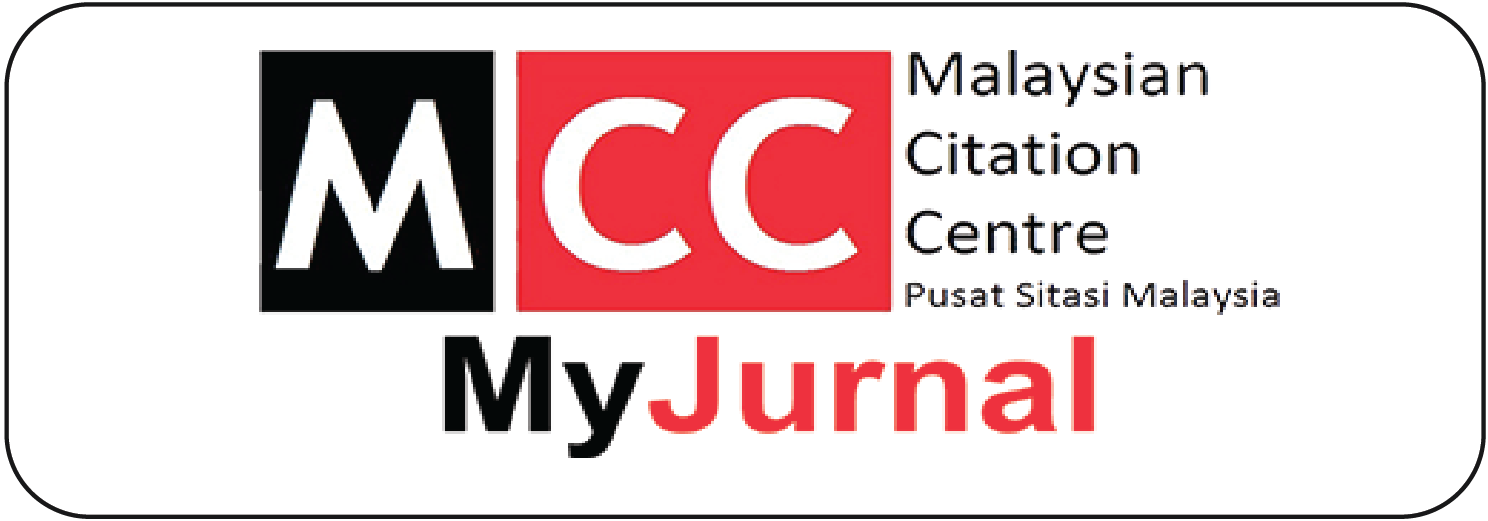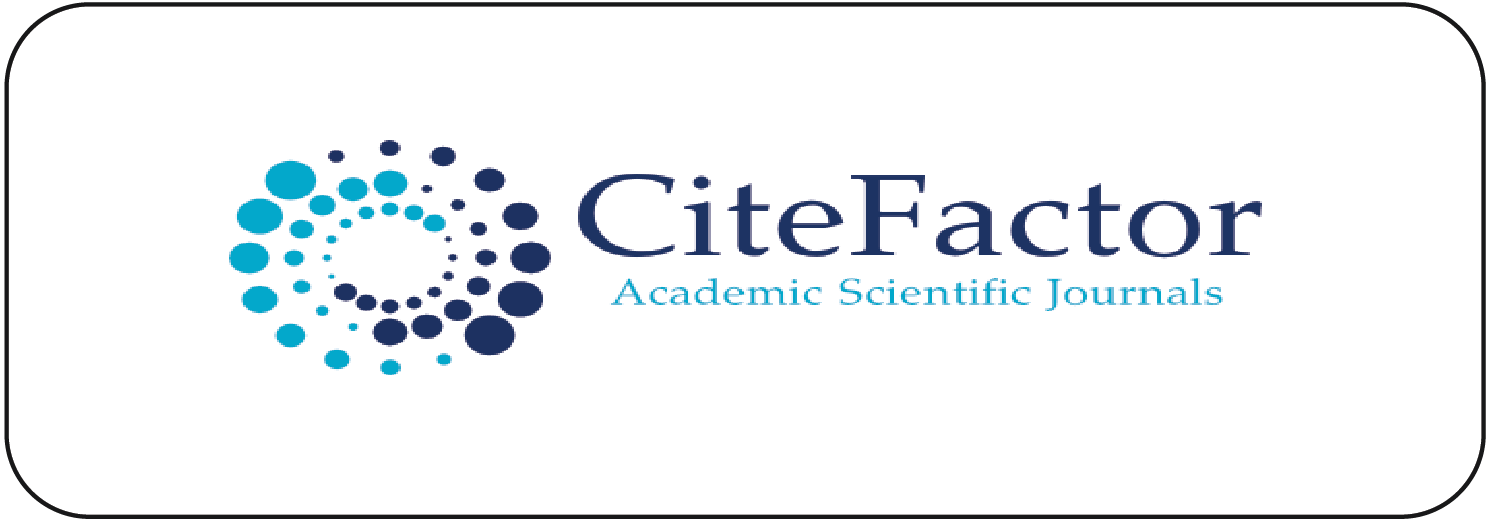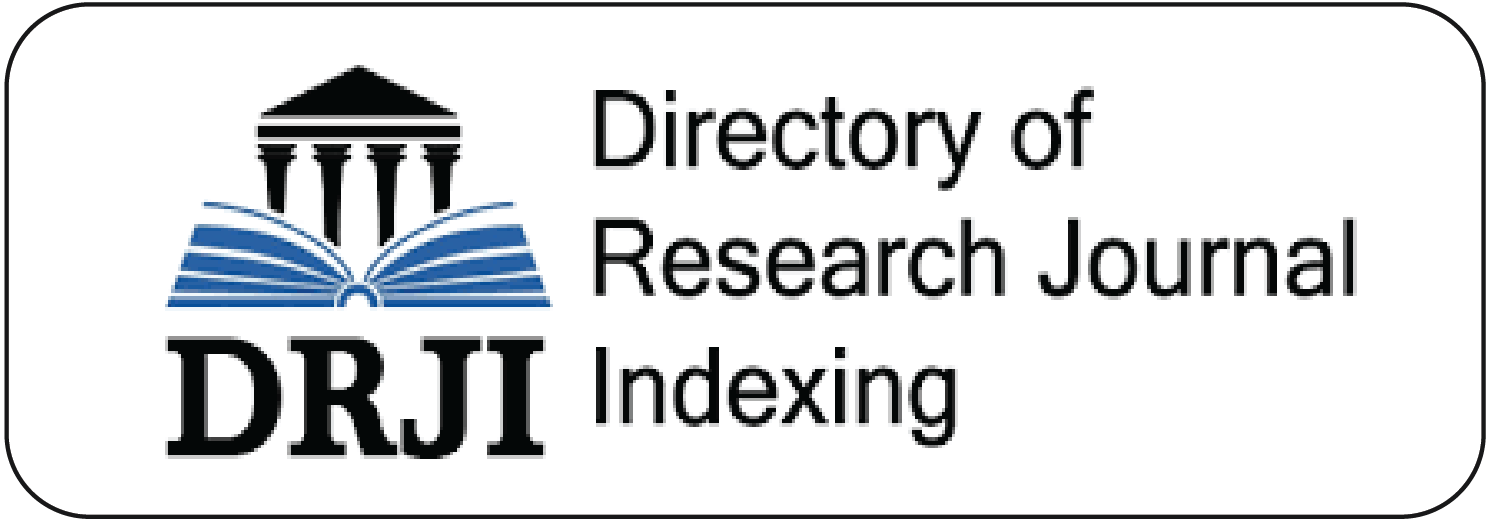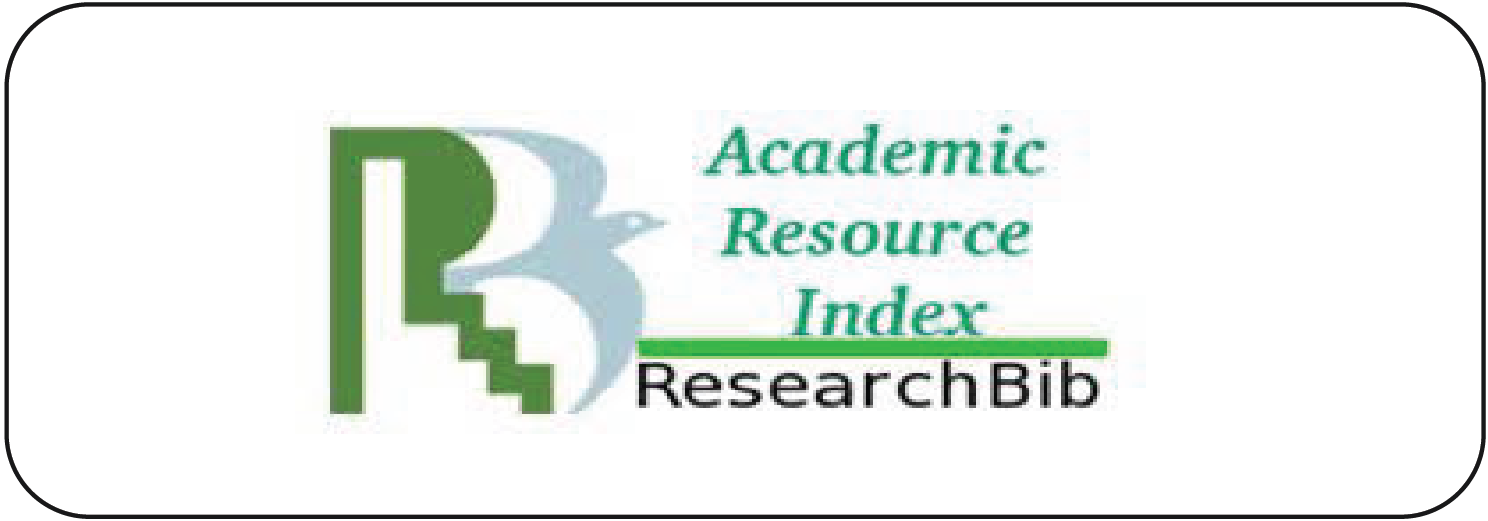Determinants of Islamic Banks Performance Using The Maqasid as Shariah: A Case Study of Indonesia
DOI:
https://doi.org/10.51377/azjaf.vol5no2.191Keywords:
GDP, HDI, ISLAMIC BANK PERFORMANCE, political civil liberties index, Maqasid As-Shariah, IndonesiaAbstract
The study was about determinants of Islamic Banks Performance using Maqasid as Shariah in Indonesia, where the study variable includes human development index, GDP, political liberties index, financial development index as well as Islamic bank performance. Also, secondary data from the UNDP website, the IMF, the annual reports of Indonesia's 11 Islamic banks, and the World Bank for the years 2013–2023 were used in this study. Moreover, the study employed multiple linear regression model so as measure the impact of the variables on Islamic bank performance. The study observed that the main determinants of Islamic bank performance using Maqasid As-Shariah in Indonesia are GDP, political civil liberties index, and human development index, thus all variables have significant effect on Islamic Bank performance at 5% level of significance. However, this study found that the financial development index was insignificant, making it an unimportant component to examine Islamic Bank performance using Maqasid as Shariah in Indonesia. Also, the report recommends that banks should match their business plans to the nations' economic expansion, for example, by making investments in industries that generate a sizable portion of the GDP or by offering financial services that promote economic growth. Additionally, the study indicated that banks should support initiatives that uphold democratic values like accountability, transparency, and involvement in the decision-making process in order to advocate for policies that support civil liberties. Moreover, it is advised that Islamic banks fund social welfare, health, and education initiatives that advance human development. This not only advances the nation's general development but also fosters the growth of a clientele that is financially literate. Therefore, for the future research should identify additional potential determinants of Islamic bank performance, as this study did not address all factors that could affect Islamic bank performance.
Downloads
Downloads
Published
How to Cite
Issue
Section
License
Copyright (c) 2024 Asia Khamis Nyange, Ajibu Jonas

This work is licensed under a Creative Commons Attribution-NonCommercial-NoDerivatives 4.0 International License.





















